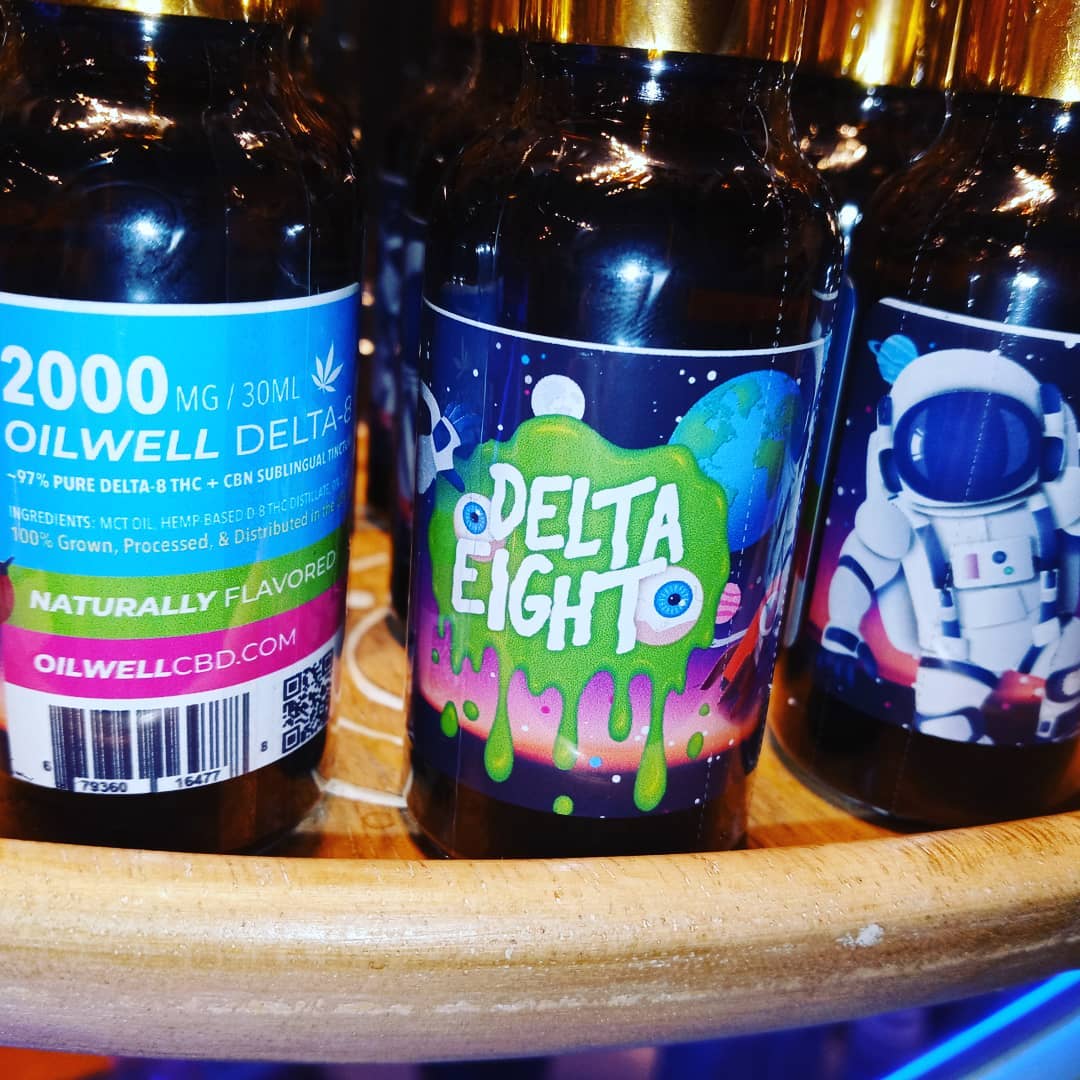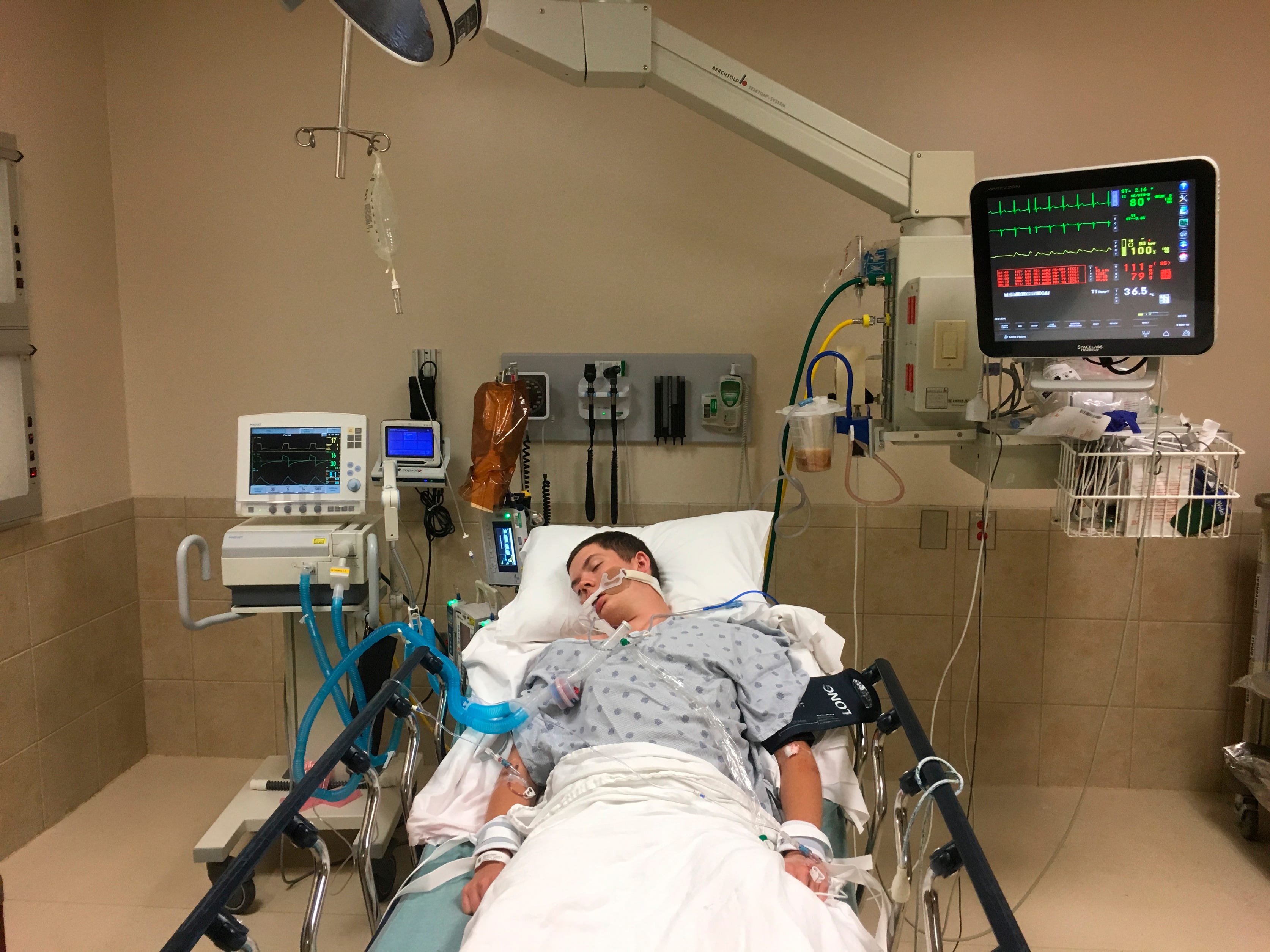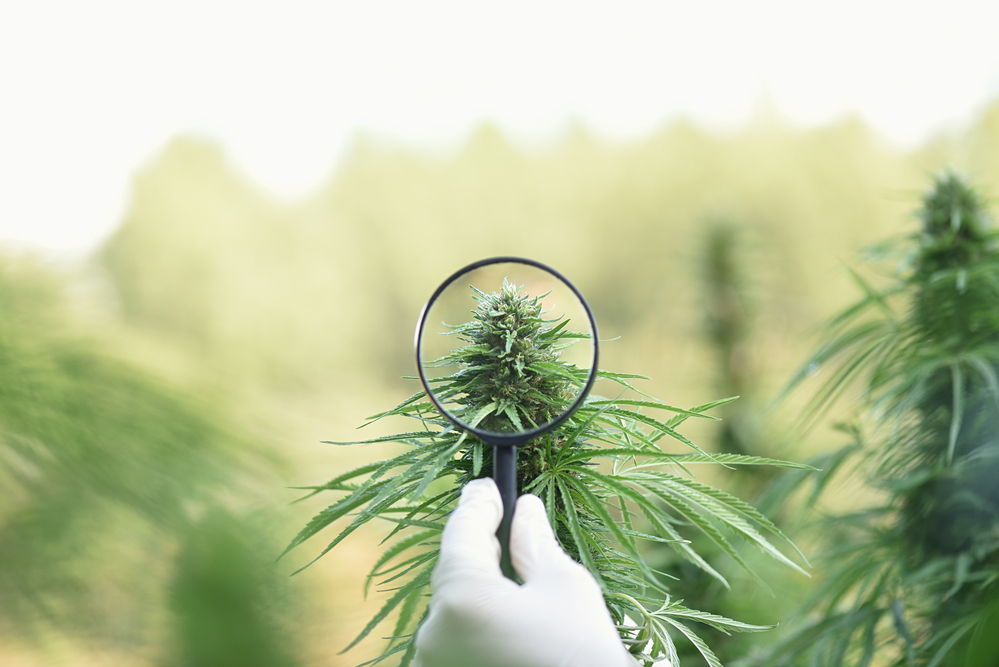
"Off label use" refers to the practice or application of a drug, medication or other health care product for an indication or population that has not received Food and Drug Administration approval. Patients can benefit from off-label drug use. Off-label drug use can cause serious side effects for the patient. It is important to discuss all off-label drug use with the physician and patients.
Medications that are commonly prescribed off label include:
An example of this is the tricyclic class antidepressants. These drugs are approved for treating clinical depression. But doctors believe these medications may also help with other types such as fibromyalgia, migraines, and other kinds of pain.
Low-dose aspirin is another common off-label drug. This is for patients with heart disease and diabetes. Although they may not offer the same level of safety or effectiveness as traditional dosages of aspirin these off-label uses can be more affordable and are safer.
It is legal and sometimes appropriate to prescribe off-label drugs, provided they don't violate any safety or ethical guidelines. Most states allow physicians in the state to prescribe off-label drugs as long as they remain within their scope of practice.

Doctors, nurse practitioners and physician assistants (PAs) can perform off-label prescribing. It can be used as a supplement to existing treatment plans, to provide an alternative drug or to the only available drug in a patient's locality or for a specific population.
The most commonly off-label drug for children is psychiatric medication. Academic Pediatrics published a study in 2009 that showed 62% of outpatient visits resulted with an off-label prescription.
The American Academy of Family Physicians and American College of Obstetricians and Gynecologists are two examples of professional health organizations that have created treatment guidelines. These guidelines provide a standardised way of treating certain diseases and conditions. These guidelines include information on non-label drug uses, as well an explanation of the risks and benefits.
The medical literature is the best source of information about off-label drug usage. This includes clinical trials not approved by FDA. These clinical trials may be useful for physicians in deciding which off-label drug they should prescribe.
Information on non-label drug uses may be obtained by a doctor from the drug manufacturer. While companies are not allowed to share information about off-label use with the general public or to encourage it, they can provide this information to health professionals upon request.

This is a problem that is growing in importance. Recent cases have revived debates about how the FDA can regulate off-label promotional and advertising.
Off-label marketing requires that the manufacturer provide sufficient evidence and truthfulness to show that the drug is appropriate for the patient. Additionally, the drug must be safe in its intended use.
Health care providers who use off-label drugs can also be at risk of being sued if the drug causes an unintended or adverse outcome for a patient. Some patients suffered severe and possibly fatal heart valve damage from off-label drug usage of phentermine hydrochloride or fenfluramine hycloride. These cases led FDA to remove the drugs from the marketplace.
FAQ
Does CBD help with anxiety?
CBD oil is effective for treating anxiety because it interacts with certain receptors in the brain called CB1 and CB2. The endocannabinoid process regulates stress responses and mood.
CB1 receptor activation occurs when our bodies feel anxious. This receptor activates and sends signals to amygdala which is responsible for emotional processing.
When the CB1 receptor gets blocked, the amygdala can't process emotions. As a result, people who take CBD experience fewer negative feelings.
In 2017, a study showed that CBD can reduce anxiety in people with social phobia. Another study confirmed that CBD can reduce symptoms associated with PTSD.
A 2018 review concluded CBD has anxiolytic potential and could be used to treat generalized anxiety disorder.
Another study concluded that CBD may help with panic attacks.
However, numerous studies have shown CBD to increase anxiety levels in mice.
The difference in results between animals and humans could be explained by differences in the way that CBD is metabolized in different species.
There are no long-term safety studies available for CBD. Experts agree that CBD is safe when taken as directed.
How much CBD do you need?
Dosing depends on what type of product you're buying.
CBD oils can be purchased in strengths of 100mg up to 1,000mg per bottle.
There are many companies that make CBD products in very specific dosages. For example, 25mg, 50mg or 75mg.
Charlotte's Web produces CBD products with high levels of CBD and other substances.
If you're unsure about CBD's effectiveness for you, you can try a lower dose.
You can always go up later.
Can CBD have a future in medicine?
The answer is yes. However, it is not because of its medical benefits. Its ability to make people feel better without feeling high is what makes it so attractive.
People who want an alternative to prescription medications will love the fact that you don't feel any different after you use it.
We know that cannabis can help with anxiety, depression, pain relief, insomnia, and other conditions, as evidenced by numerous studies.
Cannabinoids found in cannabis also interact with the receptors in our brains. This interaction can produce feelings of relaxation, well-being, and even a sense of well-being.
So if you're interested in using cannabidiol (CBD) oil for health reasons, then it's important to understand what exactly it does and how it affects us.
What conditions are treated by CBD?
To have any treatment work, it must first affect the person's overall health. A doctor must prescribe cannabis oil to be used as medicine. If you don't have a doctor's prescription, it is illegal to use cannabis products.
It doesn't matter if you're using cannabis oil for health reasons. You should talk to your doctor to confirm that cannabis oil is safe to be taken.
Cannabis oils are made from either whole plant extracts or isolated compounds called cannabinoids (THC and CBN). They can contain many cannabinoids such as cannabidiol, tetrahydrocannabinol and cannabinol.
These components interact with the receptors in the body to produce pain relief, stress management, anti-inflammatory and antioxidant effects.
Where can I get CBD products?
You can purchase CBD online or at local retail stores. Online retailers offer better deals. Many websites sell CBD products made with industrial hemp. The THC content is less than 0.3%.
Local shops are a good option if you prefer to shop locally.
Many states now have laws allowing consumers to buy CBD products without a prescription. CBD products can be purchased at your local pharmacy in some states if you are one of them.
You may even be able to get CBD products delivered directly to your door.
Which countries produce the highest quality CBD products?
The United States is the largest producer of CBD products.
However, CBD products can also be made in Canada, Australia, New Zealand and Israel.
What is the future in CBD?
The future is bright for the CBD industry. It is easy to see why this sector is so popular. It's easy to see why this market is growing exponentially, with CBD products generating over $1 billion in global sales.
Statista reports that in 2019, global sales of CBD (cannabidiol) are expected to exceed $22.4 Billion. This is almost 200% more than 2018!
The CBD market is also predicted to grow at a compound annual growth rate of 22.5%, which equates to nearly $6.8 billion in revenue by 2022.
This is great news, both for new companies and those that are already active in the industry. However, we must be aware that the CBD market is still very much in its infancy and will face some challenges along the way.
Statistics
- however, one study also found that these effects were virtually abolished when the original media (a nutrient broth agar) was replaced with one containing 5% blood (increasing the minimum concentration to ~160 μM CBD) [179]. (ncbi.nlm.nih.gov)
- The use of these products is likely to become even more widespread if the World Health Organization's recommendation that CBD no longer is scheduled in the international drug control conventions is adopted by the United Nations member states [201]. (ncbi.nlm.nih.gov)
- A recent study [161] also found that in vitro CBD treatment (i.e., ≤ 2 h exposure to 10 μM) induced ~40% vasorelaxation in isolated (pre-constricted) (ncbi.nlm.nih.gov)
- CBD seems unlikely to directly influence sleep in healthy humans [115] (and maybe “sleep-promoting” in those with certain comorbid conditions) (ncbi.nlm.nih.gov)
- HR −16 mmHg; 95% CI −26, −6; I2 = 92%) (ncbi.nlm.nih.gov)
External Links
How To
How To Get Certified For Selling CBD Products
One of many cannabinoids found within cannabis plants is CBD (cannabidiol). It's been used medicinally throughout history, including traditionally in China, India, and many South American countries. Due to its ability treat conditions like anxiety and pain, epilepsy, inflammation, and other ailments, it has become increasingly popular. There is no formal certification program for CBD products. At least, not in the U.S. Anyone who wants to sell CBD products will have to use the "unofficial", self-certification process.
There are two ways to go about this. The first is to join a local association of canna-business owners. This will allow you to share your knowledge with others, as well as receive advice and support. There are many associations in the country. Another option is to go online. Online canna-businesses are now allowed in most states. If so, then you can set up your own website and begin taking orders right away. However, registration is required with your state Department of Public Health. Once you have registered, your state's Department for Public Health will issue you a license. Once you have received your license you are officially authorized to open your store, accept orders, and close it.